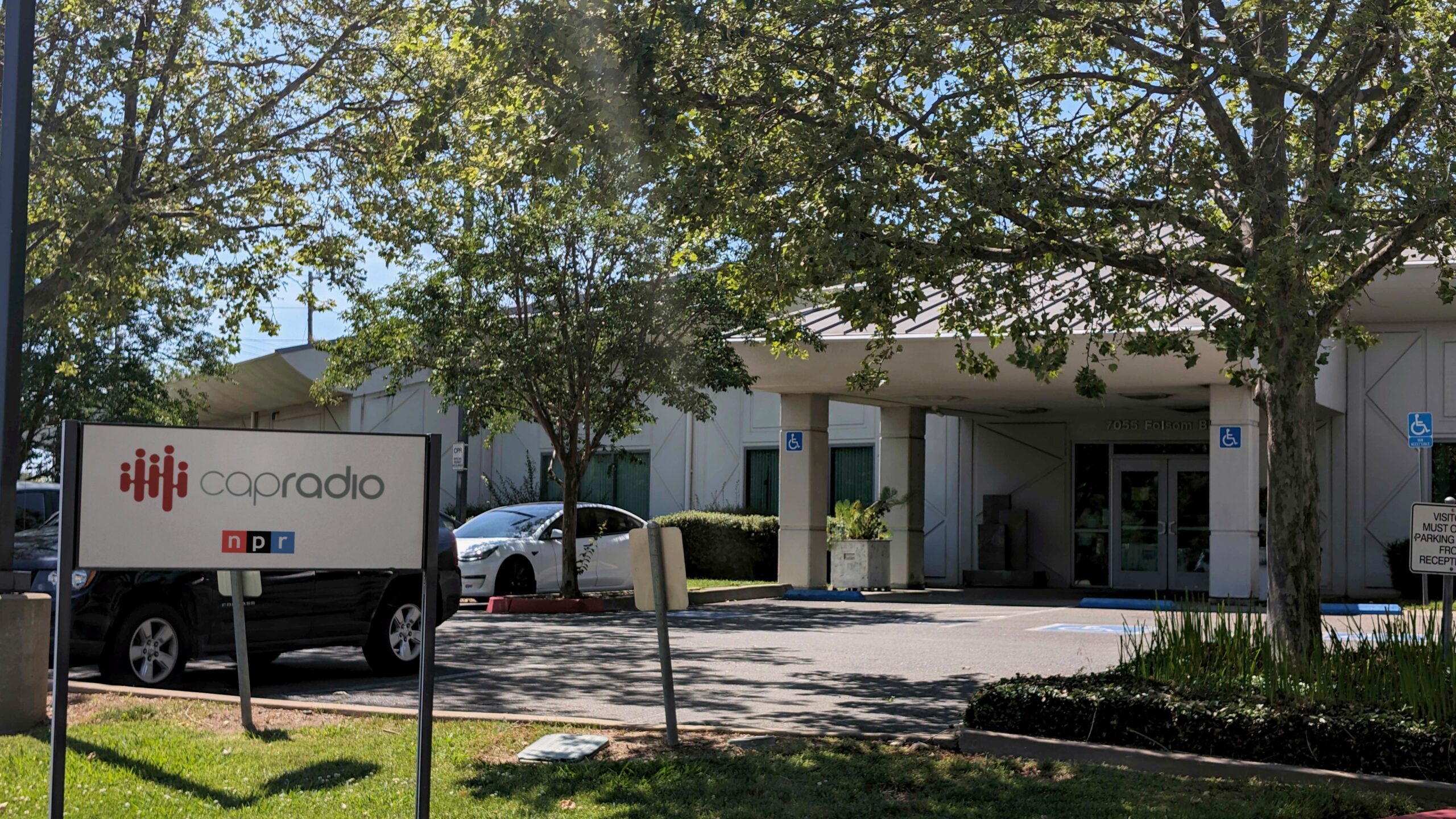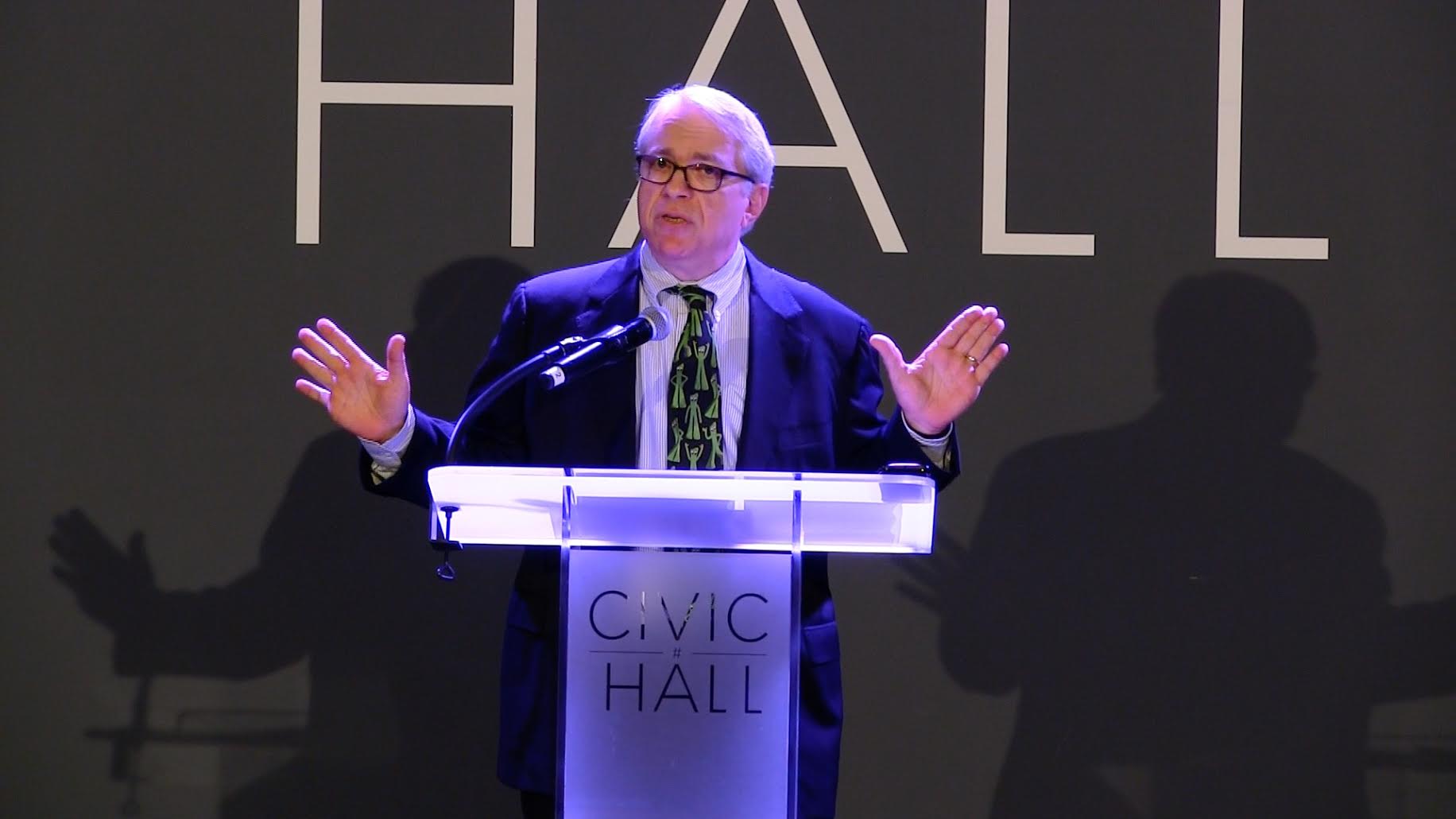New ombud office met with smiles and suspicion
Are CPB’s new ombudsmen promoters of healthy journalistic discussion or unwelcome monitors now peering over reporters’ shoulders?
It depends whom you ask. As longtime journalists Ken Bode and William Schulz last week issued their first reports, observers both inside and outside public broadcasting questioned their appointments. CPB officials, among others in the system, said public broadcasting will benefit from the new oversight.
Bode’s and Schulz’s first missives had only minor quibbles with recent NPR reports on Iraq. It’s unclear how often the pair will review news stories — they won’t tackle non-journalistic content — or how they will split responsibilities. As independent observers, they will make all their own decisions about how to approach the job, CPB officials said. Bode and Schulz told Current it’s too early to talk to the press about their new jobs.
CPB’s ombudsman charter states that the monitors “will write on issues related to journalistic integrity, balance and objectivity.” They will both respond to content concerns raised by the public and government officials and initiate their own reports, but CPB said they will not engage in pre-broadcast review and their comments will not result in post-broadcast penalties.
“This is an honest effort to try to create a process so that when concerns are raised from left, right or center, we have an adequate response,” CPB Board member Ernest Wilson told Current.
Critics of the plan wonder whether contractors hired by CPB, with its politically appointed board, are the ones who should be evaluating programs. Complaints about the ombudsmen have not been directed at Bode and Schulz but at CPB’s supposed intentions. Other organizations with ombudsmen produce or distribute journalistic products; CPB does neither. However, it does choose producers and give them grants for their work.
“What is the role of ombudsmen in an organization that doesn’t even have its own listeners or viewers?” wondered Geneva Overholser, a member of the blue-ribbon panel currently reviewing PBS’s editorial standards. “Are they there to protect the board from political firestorms? That seems like a distortion of the ombudsmen concept.” Overholser, a Washington-based journalism professor for the University of Missouri, was ombudsman at the Washington Post from 1995 to 1998.
Acting CPB President Ken Ferree echoed past CPB studies that have suggested pubcasting presents balanced content. “But we can always do better in terms of the story we tell to Congress,” he said. “When we hear, ‘The programming is unfair,’ we can say, ‘Wait, we have these ombudsmen.'”
Nevertheless, he said, the new office is “all about promoting discussion.”
Another unconventional aspect of the CPB ombudsmen — the fact that there are two of them — provoked speculation that the two journalists were hired because they represent different political perspectives.
An April 28 NPR report stated that this was the case, reporting that CPB Board Chairman Ken Tomlinson said he hired two ombudsmen because “he wants a diversity of views along the ideological spectrum.”
In an interview with Current, Tomlinson said it was “no accident” that he hired two journalists with diverse backgrounds. Yes, Bode used to work for the generally liberal New Republic and Schulz used to be at the more conservative Reader’s Digest, he said, “but first and foremost they’re good journalists.”
“I think broadcasting has moved beyond the one-voice approach,” he said.
Potential for mischief?
Ombudsmen were a popular topic at last month’s system conferences. At PBS Showcase in Las Vegas, Jim Lehrer applauded the move and offered to give NewsHour airtime to Bode and Schulz to discuss their findings. That arrangement has not been finalized.
At the National Federation of Community Broadcasters conference, Vinnie Curren, CPB’s senior v.p. over radio, said that having an ombudsman for NPR is not adequate for a pubradio system that gets a lot of programming from other sources. NPR has had an ombudsman, Jeffrey Dvorkin, since 2000, and PBS’s editorial standards committee has discussed recommending that PBS hire one.
Many system g.m.s would prefer a PBS-based ombudsman to the ones that were just announced, says APTS President John Lawson, but “we’re willing to give CPB the benefit of the doubt.”
“The general attitude is, ‘Let the sun shine in,’ but people are wary of the potential for mischief,” he says.
It would make more sense for a network rather than the funding agency to have one, says a senior public broadcasting official who works with CPB and thus declined to be identified. “CPB is supposed to be a firewall between politics and broadcasting.”
Whatever conflicts skeptics perceive, the Public Broadcasting Act doesn’t prohibit CPB from hiring ombudsmen, said communications attorney John Crigler. But he worries that would-be pubcasting critics will mimic activist groups who bombard the FCC with indecency complaints via mass e-mail campaigns.
NPR’s Dvorkin, president of the international Organization of News Ombudsmen, says the “question of accountability” is one of the reasons his group isn’t sure if CPB’s ombudsmen qualify for membership.
Such monitors are traditionally accountable to readers or audiences, he says. “The fact that (CPB ombudsmen) are accountable to interest groups and Congress as well as the audience seems to blur the issue.”
But some believe that the importance of responding to audience complaints overshadows concerns about the look and location of the ombudsman office.
“I’m less interested in bureaucratic questions than in making sure there is a mechanism to respond to viewer questions,” says Louis Wiley, executive editor at Frontline. “The more ombudsmen the merrier, I guess. It seems more valuable to focus on giving people answers.”






